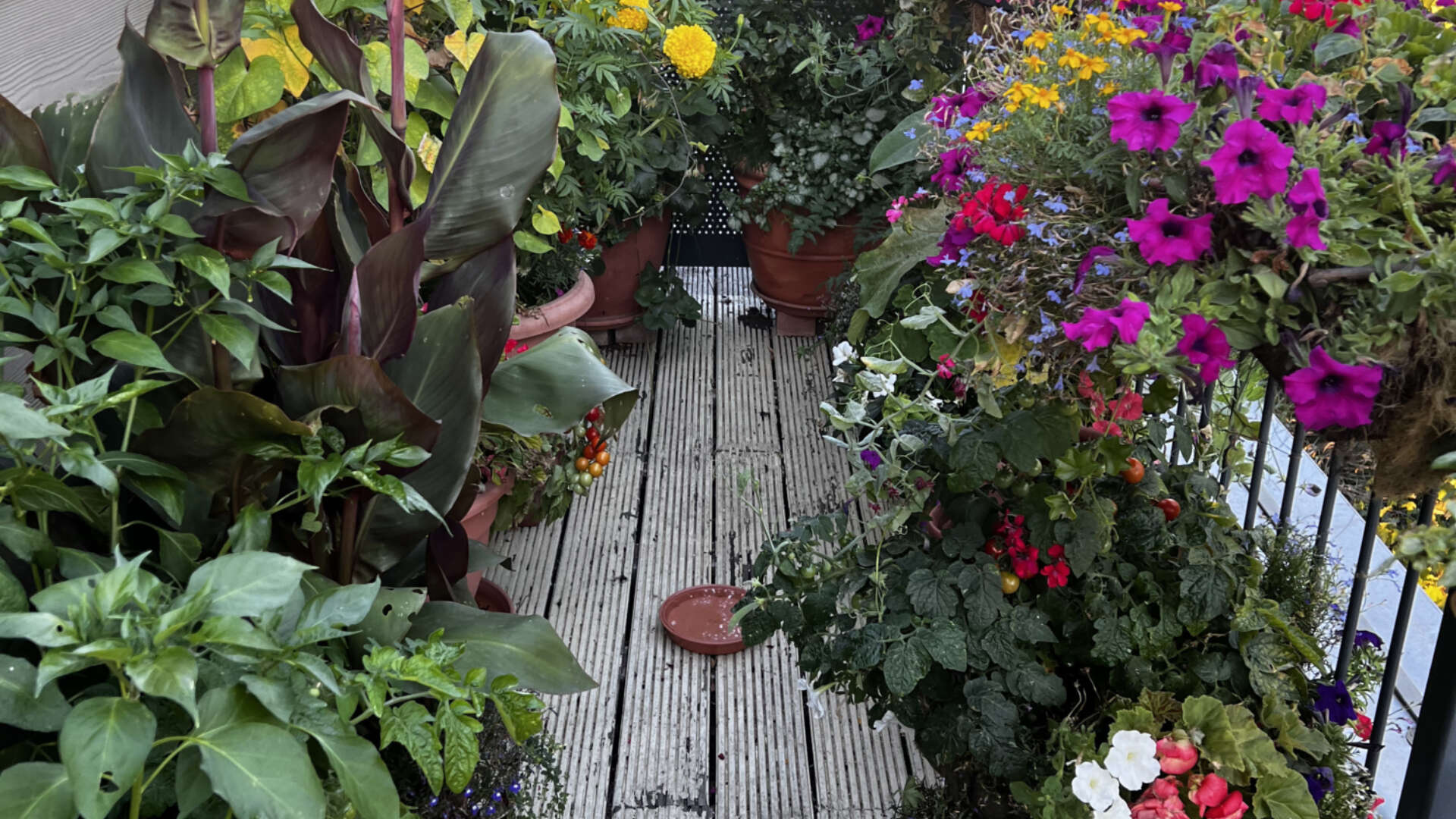One man and his organic plot looks back on a dry summer

London has certainly been hot and very dry, at one point experiencing pretty much only a day’s rain in three long months and although I personally love the hot weather, many of my edible crops have struggled and it’s been far from a bumper year.
However, let’s start with the good news and that is the crop successes - warmer climate plants like Aubergine, Chillis, Peppers, Courgettes, Squash, a massive crop of various heritage Tomatoes and even some Melons have all been in abundance this year. In fact, I’ll have enough dried chillies to last me a few years and once again I’ve been forcing numerous Courgettes and Squashes upon my poor neighbours.
On the downside it’s been a bad year for my quick crops like Lettuce, Salad, Spinach and Rocket. Runner and French Beans have also been poor and although I still hold out some hope, my Brassicas, particularly Cabbages, have failed to mature. I wonder how other gardeners have been getting on around the country and what they have experienced.
Of course, the most important way to deal with dry weather is to have consistent irrigation, keeping the soil moist when the plants are young and then deep and targeted watering as they mature. I was away from London with work a lot in early spring and summer, making it tricky to be regular with my watering. This ultimately gave a lot of my temperate plants a poor start, from which many did not really get going. This became more apparent to me as the summer wore on, as I could see both my retired allotment neighbours had plots where crops such as runner beans thrived much better. They were consistent on being on site, early in the morning, when temperatures were cool and they watered directly to their crops. Nobody on our allotments uses hosepipes.
This proof on consistent watering, particularly to young plants, was also demonstrated beautifully on my balcony, where with everyday watering (Mrs Collins playing an important role) has resulted in an amazing display of colour, as well as regular crops of Tomatoes, Aubergines and Peppers, all grown from seed.
I think the moral of this blog is; always hedge your bets when it comes to growing edible crops. Our climate is more and more unpredictable, so a variety of plants will always help. Repeat sowing is also important, making sure empty spots are filled and differing crops offered. Water efficiently at appropriate times and don't forget a bit of liquid feed, either of Comfrey or Seaweed, to give those plants a stronger constitution.
A few other jobs to be looking at this month: get those green manures on soil where no crop growing will take place. These will protect the soil, prevent leaching of nutrients and make excellent soil conditioner next spring when dug in. Also make sure any veg foliage waste is added to your compost bin. Mix it in with chopped up cardboard or shredded paper to aid its breakdown and give the whole thing a turn if you can.
Well, whatever the weather, no matter how challenging, there is never a moment I don't enjoy this fine, fine subject and to finish on an upbeat note, this year I had the best Strawberries ever and I’ve got a superb suntan.
Happy gardening,
Chris Collins